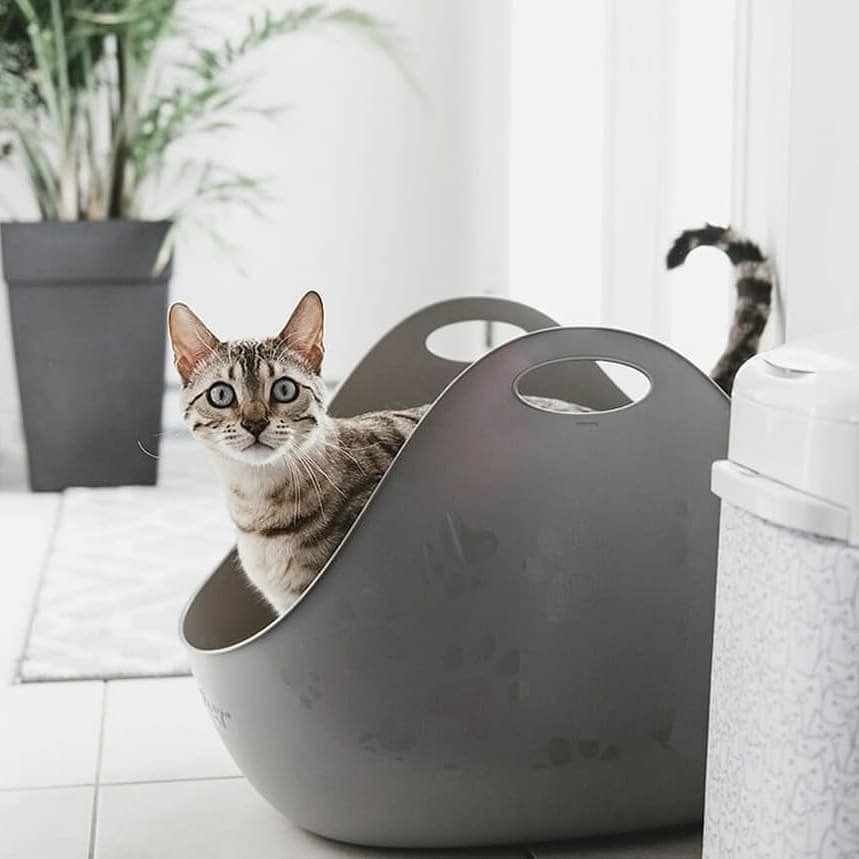environmentally friendly cat litter
The Rise of Environmentally Friendly Cat Litter
As pet ownership continues to grow, so does the awareness of the environmental impact of pet products. Among these, cat litter has emerged as a significant area of concern. Traditional clay-based litters, primarily made from sodium bentonite, contribute to environmental degradation through habitat destruction, energy-intensive mining processes, and the challenges involved in waste disposal. In response, a range of environmentally friendly cat litter options has gained popularity, promising to reduce our ecological footprint while still meeting the needs of pet owners and their feline companions.
One of the primary alternatives to traditional clay litter is made from recycled paper. This eco-friendly option is crafted by processing old newspapers and cardboard into absorbent pellets. The production of paper litter not only repurposes waste material but also reduces the demand for virgin resources. Additionally, paper litter is lightweight, making it easier to transport and handle. For cat owners, it offers great absorbency and odor control, making it a practical choice without the environmental guilt.
Another increasingly popular choice is plant-based litters, which are derived from materials such as corn, wheat, and pine. Corn-based litter, for instance, utilizes the cobs and husks which are often byproducts of food production. This promotes a zero-waste ethos and encourages sustainable agricultural practices. Wheat-based litter benefits from the natural clumping properties of the grain, providing excellent moisture control. On the other hand, pine litter, made from the byproducts of lumber production, has natural antibacterial properties and emits a pleasant scent. All these options present a biodegradable alternative, meaning that at the end of their lifecycle, they can decompose naturally and enrich the soil, rather than clogging landfills.
environmentally friendly cat litter

Bamboo cat litter is another innovative option that is gaining traction in the market. Bamboo is a highly sustainable and fast-growing plant that requires minimal water and no pesticides. The use of bamboo in pet products helps to promote sustainable farming practices and reduce deforestation pressures on slow-growing trees. Bamboo litter has natural absorbent and antimicrobials properties, making it effective against odors.
Moreover, there are also litters made from coconut coir and other agricultural byproducts, which help to utilize resources that would otherwise go to waste. Coconut coir packets are sourced from the fibers of coconut husks, making it a biodegradable, sustainable, and renewable resource. This option provides excellent moisture control and clumping ability while being friendly to the planet.
Shifting to environmentally friendly cat litter doesn't just benefit the planet; it can also enhance the health and well-being of your feline companion. Many natural litters are free from harmful chemicals commonly found in traditional litters, such as fragrances and clumping agents, which can be irritants for sensitive pets. Choosing a more natural litter can lead to a happier and healthier environment for your cat.
In conclusion, making the switch to environmentally friendly cat litter is a meaningful step for pet owners who want to lessen their environmental impact. With numerous options available, ranging from recycled paper to plant-based materials, there’s little need for compromise on performance or odor control. By selecting sustainable cat litter, you not only provide a safe and comfortable environment for your beloved feline but also contribute to a healthier planet. As awareness of environmental issues continues to rise, it’s clear that even small changes, like switching pet products, can lead to significant positive impacts. Embrace the green revolution in pet care and let your choices reflect a commitment to sustainability and environmental stewardship!







